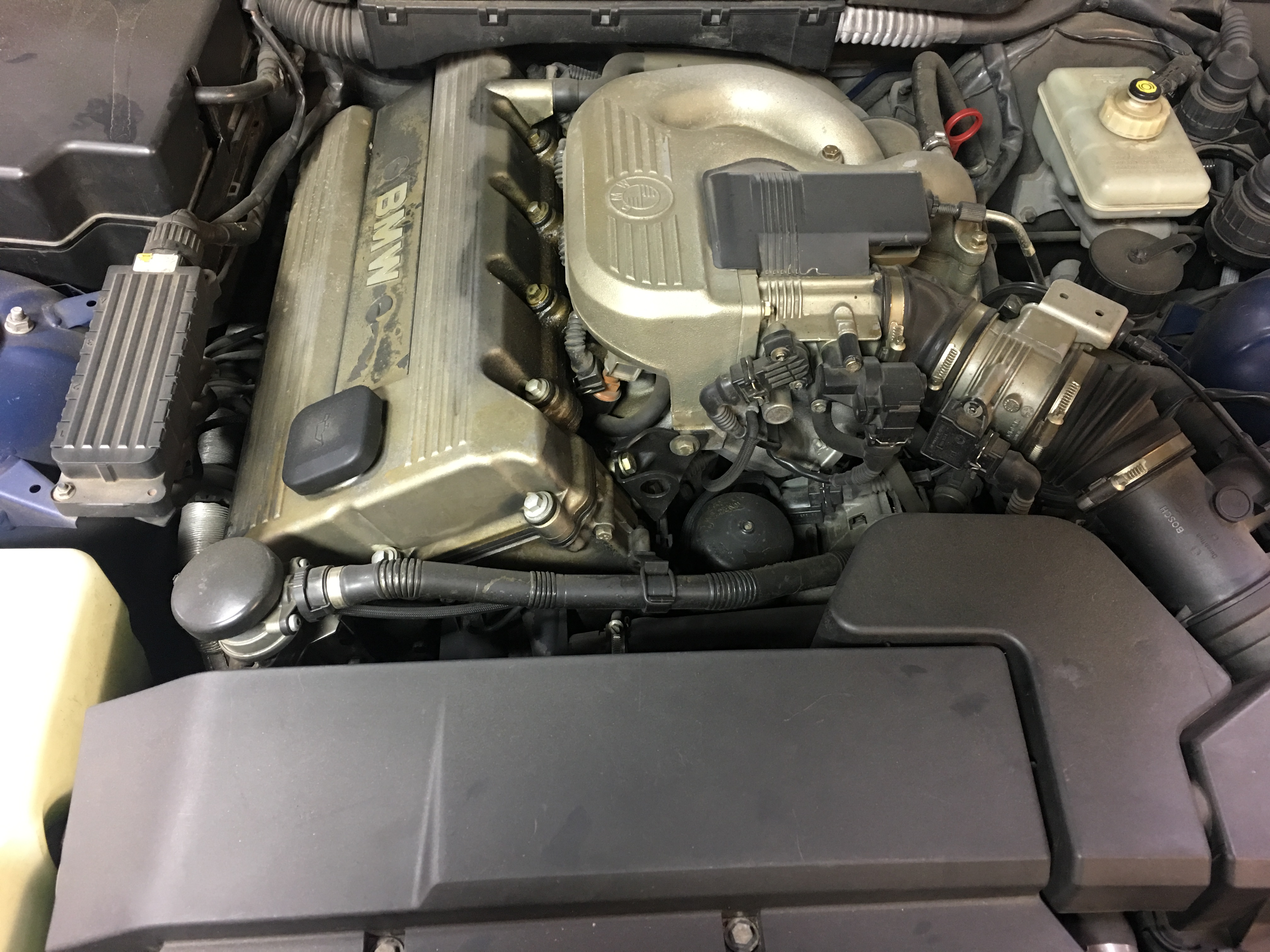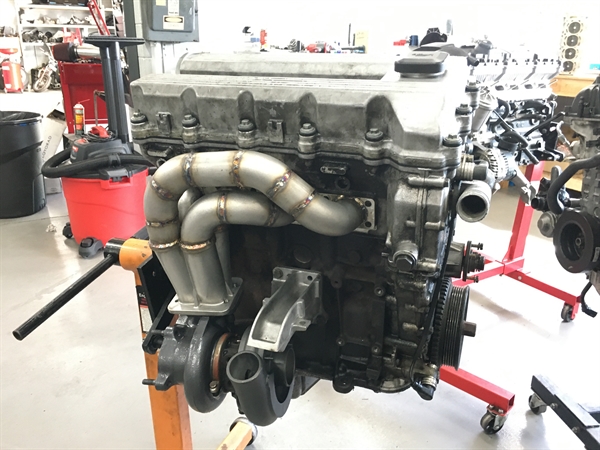BMW 318ti: Performance Specs and Characteristics Explained
BMW 318ti: Performance Specs and Characteristics Explained
Blog Article
Crucial Considerations for Selecting the very best Engine for Your Demands
In the realm of selecting the excellent engine to satisfy your needs, a number of crucial variables demand thorough factor to consider to ensure ideal efficiency and effectiveness. From the nuanced equilibrium between power and efficiency to the often-overlooked aspects of upkeep and service demands, each element plays a pivotal function in determining one of the most suitable engine for your details demands. As the intricacy of engine technologies remains to develop, discerning the most suitable alternative necessitates a deep understanding of the interplay between numerous factors to consider. By exploring the elaborate internet of variables that underpin this decision-making process, a clearer path arises towards choosing an engine that not just fulfills yet surpasses your expectations.
Power and Efficiency
When evaluating engines for optimal performance, it is important to prioritize both power result and effectiveness. Performance refers to exactly how well the engine transforms fuel right into functional energy. By meticulously assessing both power and efficiency, you can select an engine that provides ideal efficiency and fulfills your needs efficiently.
Gas Performance and Economy
Gas effectiveness refers to the engine's capability to convert gas right into power with very little waste, directly impacting operating costs and ecological sustainability. Engines with greater fuel efficiency not just minimize fuel expenditures however also decrease carbon discharges, adding to a greener operation.

Compatibility and Application
Thinking about the fuel effectiveness and economy of an engine, the following vital element to address is its compatibility and application within details functional contexts. Compatibility refers to exactly how well the engine integrates with the total system or equipment it powers. It involves aspects such as physical measurements, installing alternatives, electrical interfaces, and control systems. Ensuring compatibility is important to stop issues such as overheating, vibrations, or power inequalities (bmw 318ti).
Additionally, the application of the engine is just as vital. Different engines are created for details functions, whether it be commercial machinery, marine vessels, cars, or power generators. Understanding the desired application enables for the choice of an engine that can provide the necessary power output, torque, and functional characteristics. A high-revving engine created for performance autos would certainly not be ideal for heavy-duty building equipment that requires high torque at low speeds.
Upkeep and Solution Requirements
Maintenance and solution needs play a critical role in guaranteeing the long life and optimum performance of an engine. Normal upkeep is vital to stop breakdowns, expand the life-span of the engine, and keep its performance. When choosing an engine, it is very important to take into consideration the manufacturer's recommended upkeep routine and the schedule of solution facilities or certified technicians.
Elements such as the frequency of oil modifications, filter replacements, and general examinations can significantly impact the engine's performance. Some engines may require more frequent maintenance based upon their layout and use, while others may have longer intervals between maintenance checks. It is vital to stick to these solution demands to prevent pricey repairs and unexpected downtime.

Price and Budget Plan Considerations
When choosing an engine for a particular application,Budget plan constraints usually play a considerable duty in the decision-making procedure. When considering the expense and budget ramifications of choosing an engine, it is necessary to assess not just the initial acquisition price but additionally the long-term expenditures connected with upkeep, fuel usage, and possible upgrades or repair visit our website work. It is critical to strike a balance in between the upfront look what i found expense of the engine and its overall lifecycle prices to guarantee that the picked engine continues to be economically lasting throughout its operational life expectancy.
Factors such as gas durability, efficiency, and reliability can directly influence the total cost of ownership of an engine. While an extra pricey engine might have higher ahead of time prices, it could potentially result in lower maintenance and fuel expenses over time, therefore providing far better value in the lengthy run.
Verdict

Fuel performance refers to the engine's ability to convert fuel right into power with very little waste, directly influencing operating costs and ecological sustainability.Factors influencing fuel performance include engine design, combustion performance, and total performance optimization. Additionally, choosing the proper gas kind and grade as suggested by the engine maker can even more enhance effectiveness and extend engine life-span.
Engines with good utility features and easily available components can reduce upkeep prices and see this reduce the time the engine is out of procedure - bmw 318ti. It is critical to strike an equilibrium between the upfront expense of the engine and its total lifecycle prices to ensure that the chosen engine remains economically sustainable throughout its functional lifespan
Report this page